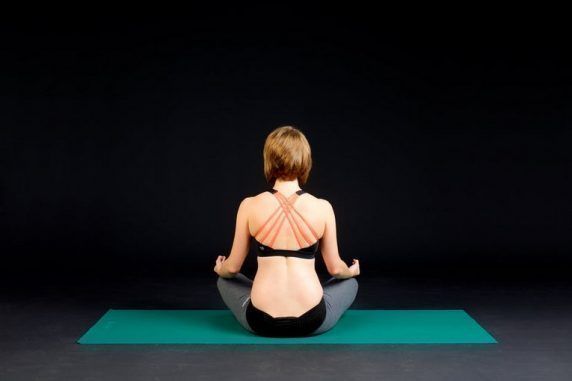Calming anxiety with relaxation: techniques and tips
Living with anxiety in an anxiety-generating society. It is a vicious cycle, perhaps the most glaring connotation of an era in which we are always living and acting in a rush.
Work is continuous, bringing stress and increasingly tight deadlines. Time for freedom is reduced, and relaxation is increasingly becoming a pipe dream.
The result is rather obvious: we fear we are not achieving those hoped-for (or imposed) results. This, precisely, generates anxiogenic states in many of us,
making us live in perpetual alertness. With our antennae straight, and with fears ready to take over the command of our body and mind.
But there are several techniques for calming anxiety. What are?
Relaxation techniques: what they are and how they work?
Opposing anxiety means first and foremost regaining a space dedicated to relaxing the mind and therefore the body. Relaxation techniques are exactly
the answer to this need. But what they are, and how they work? These techniques allow you to drain away anxiety.
This happens when we decide to voluntarily release the tensions that cloud our brain, and shake our body.
It is a technique that is obviously learned through exercise and self-awareness.
But in addition to relaxation there are other methods to calm your anxiety, such as eating a balanced and healthy diet, or moving away from technological devices
Like PCs and smartphones.
Music therapy can also help overcome anxious states.
The exercises for relaxation techniques: what they are?
Today we focus on relaxation techniques: how to put them into practice with the right exercises? Meanwhile, breathing, which should be controlled, deep and cadenced.
With breathing, one gains control and a cool mind: with each breath, one must couple the release of nervous tension in the muscles.
Meditative visualization techniques are also exceptional: mental images should represent what relaxation and peace mean to us.
Like a field of flowers, for example.
The brain thus relaxes, and consequently the muscles do the same.
Meditation: relaxing with one of the best techniques
Meditation represents one of the most fruitful relaxation techniques for the well-being of our bodies.
For example, it only takes 25 minutes a day to immediately reduce the burdens carried by anxiety and stress.
But meditation is also very effective in combating depression, and even physical pain.
With total mastery of the breathing phase, it is possible to harness otherwise dormant “self-repair” energies.
These are results that also have a scientific tone: research such as that conducted by John Hopkins University proves it.
Among other benefits of meditation, we find treatment of insomnia, self-awareness and treatment of some mild forms of mental illnesses.
